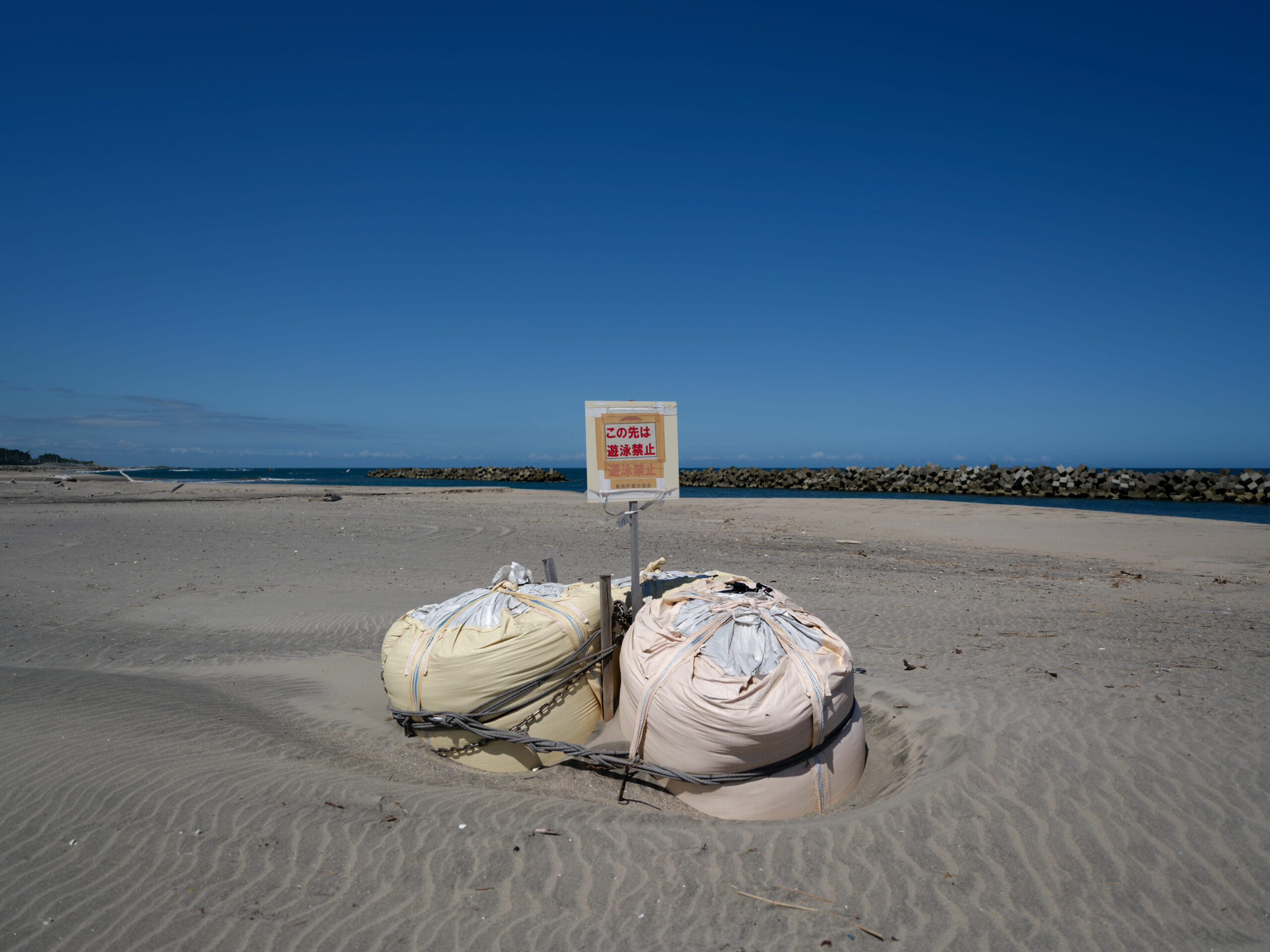TOKYO (Xinhua) – Japan on Thursday started the second round of release of nuclear-contaminated wastewater from the crippled Fukushima Daiichi Nuclear Power Plant into the Pacific Ocean.
Despite mounting concerns and opposition among local fishermen as well as other countries, the discharge commenced at around 10:30 a.m. local time, according to the Tokyo Electric Power Company (TEPCO), the plant’s operator.
TEPCO said it plans to carry out the release over 17 days to discharge 7,800 tons of the radioactive wastewater, roughly the same amount as the first discharge, which ended on Sept 11.
The ocean discharges have been facing severe backlash both at home and abroad.
A group of 150 people in Japan, including fishery workers in Fukushima Prefecture, filed a lawsuit against the Japanese government and TEPCO last month to call a halt to the controversial ocean discharge.

The plaintiffs claimed that the ocean discharge violates their fishing rights and threatens the rights of consumers to live peacefully. They were also seeking nullification of nuclear regulators’ approval of facilities installed for the water discharge and a ban to be placed on the release.
On Wednesday, Russian Foreign Ministry spokesperson Maria Zakharova criticised Japan over a lack of transparency and a failure to provide full access to information regarding the water release.
At the General Conference of the International Atomic Energy Agency (IAEA) held in late September, Vice Chairman of the China Atomic Energy Authority Liu Jing said the discharge of the Fukushima wastewater is a major nuclear safety issue, as it is an unprecedented artificial release of contaminated water from nuclear accidents into the sea.
There is a lot of uncertainty about the cumulative effect caused by the release of large quantities of radionuclides into the sea, said the Chinese nuclear official, noting that Japan has failed to give a credible and scientific response to the international outcry.
Doubts and concerns were further fueled after Japan’s environment ministry reported last month that potentially radioactive iron scraps from a demolition site near the crippled power plant were stolen and illegally sold by construction workers.
The materials went missing from Okuma town’s library and folklore museum being demolished in a special zone around 2.5 miles from the plant, and their whereabouts remained unknown so far, which led to raging criticism that the government’s management of radioactive materials was overly rash.
“The incident increased people’s distrust of the government. The country should have managed these waste metals responsibly and told relevant parties not to deal with them casually, but it did not do so,” Hideki Taki, chairman of the Retired Workers Union of the National Trade Union Council, told Xinhua.
The built-up distrust among the Japanese public would, of course, extend to how the government handles the nuclear-contaminated wastewater, which is now the ocean discharge of the so-called treated water, according to Taki.




